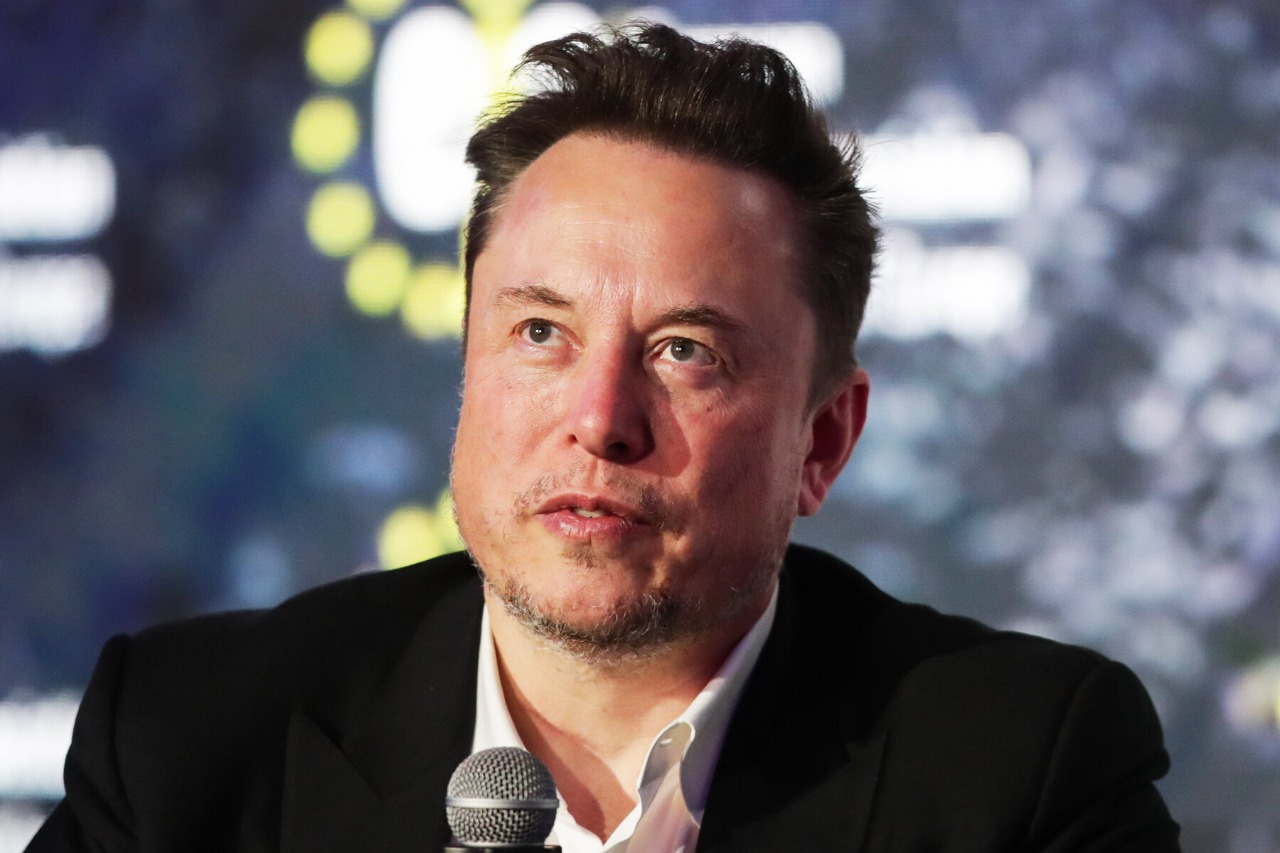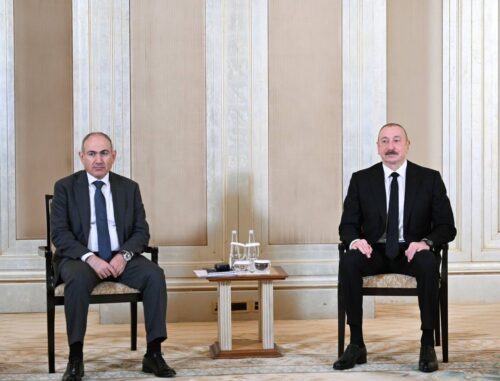
Forbes: Elon Musk’s Starlink will disable Azerbaijan’s capacity to shut down Armenia’s internet access during a time of conflict
The closing ceremony of Armenia’s World Congress on Innovation and Technology (WCIT) in October this year was charged with anticipation. Attendees expected to hear directly from SpaceX and Tesla CEO Elon Musk, a man whose exploits in space exploration and electric vehicles are matched only by his penchant for redefining digital connectivity, Forbes writes. But instead of Musk’s face lighting up the screen, Armenian-American entrepreneur Razmig Hovaghimian took the stage, bearing Musk’s words in a statement. “Hello everyone,” Musk’s message began, “I’m sorry I can’t make it to Yerevan this time, but hopefully next time in person.” He followed this with a dose of enthusiasm tailored to his audience: “Excited about bringing Starlink to Armenia and working with the local tech community on some exciting projects—from space exploration to developing open and transparent AI that pushes the boundaries of human understanding.”
As noted, Starlink would ensure Armenia’s internet connectivity during conflicts with its neighbors, particularly Azerbaijan, with which it has ongoing territorial disputes and periodic military tensions, especially over the Nagorno-Karabakh region.
According to Forbes, five years ago, Azerbaijani businessman Nasib Hasanov’s NEQSOL Holding bought Caucasus Online, which owns the 1,200-kilometer Caucasus Cable System running along the bottom of the Black Sea and connecting the region to Europe. This has fueled concerns about Azerbaijan’s influence over Armenia’s digital infrastructure. Starlink could disrupt this dynamic. According to analysts, this will disable Azerbaijan’s capacity to shut down or slow down Armenia’s internet access during a time of conflict.
Starlink’s arrival, while a technological leap, does not resolve these entrenched geopolitical dynamics. Instead, it offers Armenia a tool to enhance its independence, both digitally and economically. Starlink’s resilience during conflicts makes it a strategic asset, as demonstrated in Ukraine where it maintained critical communications infrastructure amidst Russian attacks.



